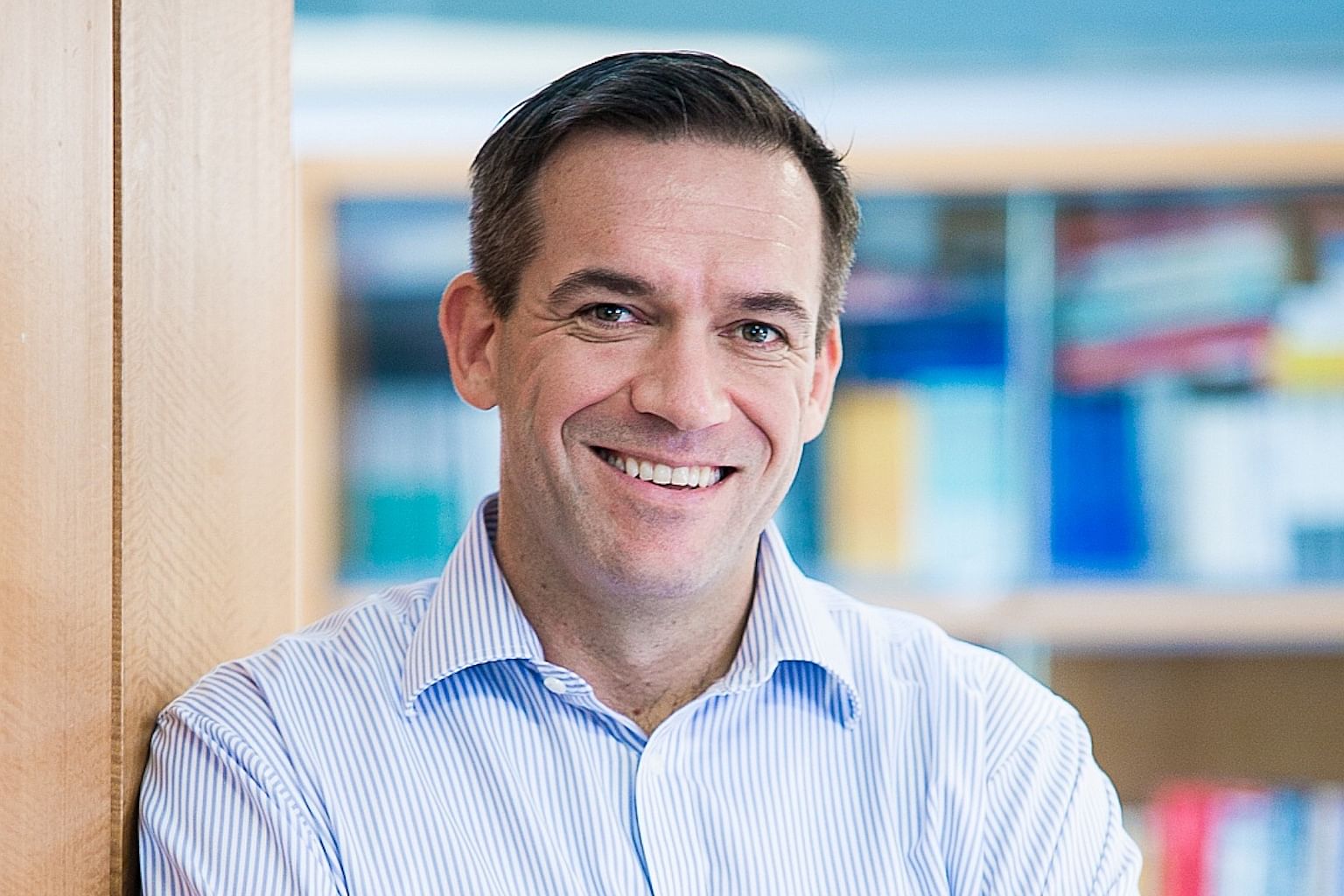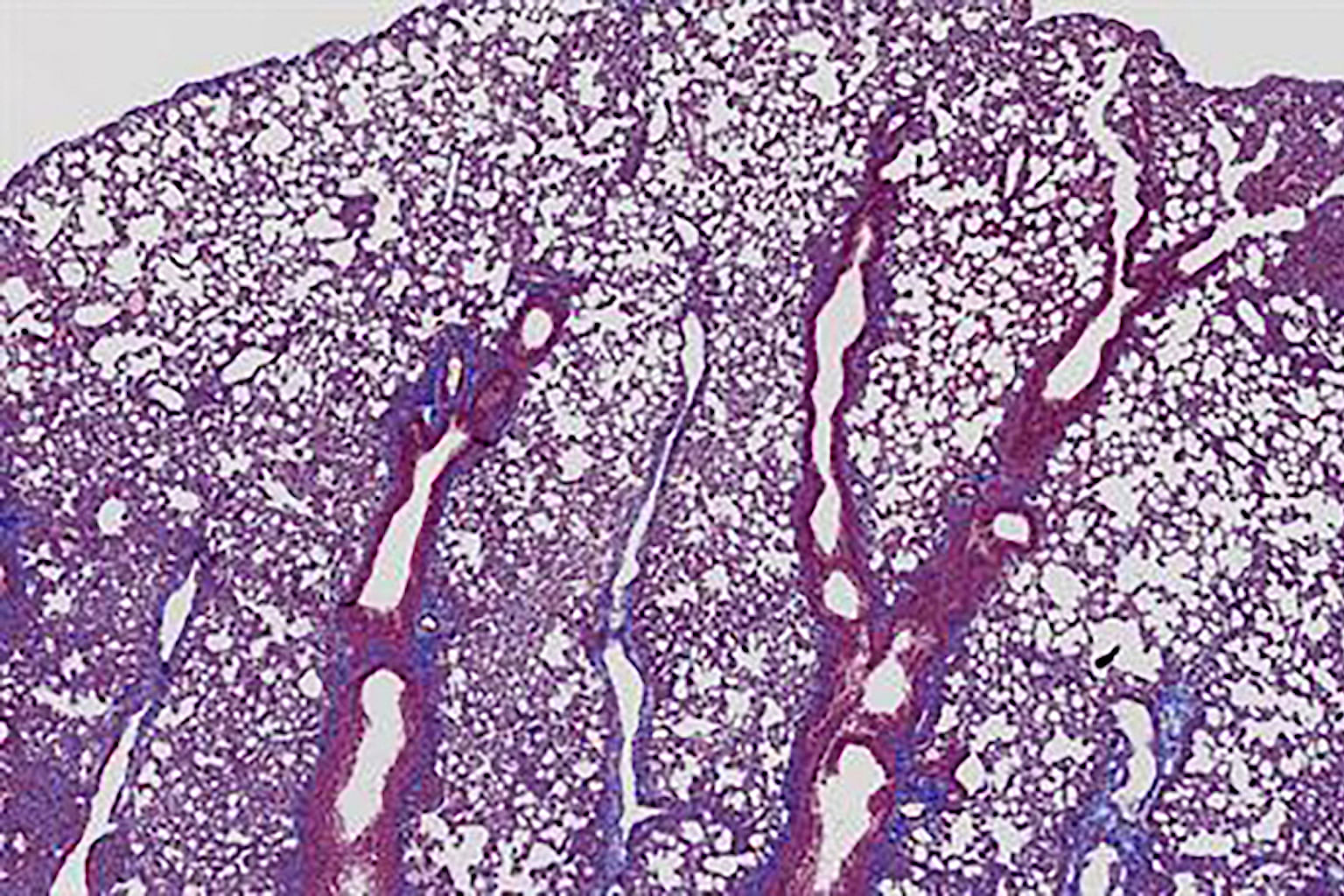BRANDED CONTENT
Fixing faulty genes to help you live longer and better
Philanthropic organisation Tanoto Foundation supports pioneering research to combat wayward genes and reduce the risk of early death

Breakthrough findings from Tanoto Foundation-sponsored research will help address faulty genes and, in turn, a host of health conditions like heart disease. PHOTO: GETTY IMAGES
In Singapore, one in three deaths in 2021 can be attributed to heart disease or stroke, with about 1,000 Singaporeans dying from sudden cardiac arrest yearly. Being born with faulty heart genes can increase the risk of this happening.
“Understanding why a disease happens and targeting disease genes to prevent, treat and reverse disease is my passion,” says Professor Stuart Cook, Tanoto Foundation Professor of Cardiovascular Medicine at Duke-NUS Medical School. He is working with his team on pioneering new therapies to fix faulty genes and stop their ill effects.
The Tanoto Foundation Professorship in Cardiovascular Medicine, established with the support of Tanoto Foundation in 2014, has catalysed several ground-breaking findings and continuing research.

One major area of study is Prof Cook and his team’s ongoing development of precise antibody therapies to prevent and reverse the effects of disease genes in our bodies.
“We are working on a gene called interleukin 11 (IL11) that is important in many different types of diseases that are common in Singapore,” says Prof Cook who works at Duke-NUS and the National Heart Centre Singapore. Any outcome from investigating this gene could potentially help not just those with heart disease.
“The damaging effects of this gene are not limited to a single disease, which is what makes drugs against it so important as they have the ability to improve the lives of people with not only heart disease but also kidney, liver and lung disease, especially in the elderly,” Prof Cook explains.
“One area of our research focuses on genetic heart muscle disease to see what role IL11 plays in these diseases, which can cause sudden death in the young,” he says. Heart muscle disease – which can be classified as dilated or hypertrophic – refers to diseases where it is harder for the heart to pump blood to the rest of the body.
Elaborating on what he considers the most significant research outcome from his appointment as Tanoto Foundation Professor of Cardiovascular Medicine, Prof Cook says: “We discovered the gene IL11 that prevents organs in the body from repairing, hence causing them to fail. We then went on to develop a drug to target this gene to treat diseases of the heart, lung, kidney and liver.”
That pivotal moment came when a colleague showed him a list of experiment results in 2015. “When I looked at the data, I saw the IL11 gene was very high in human cells that were exposed to a disease factor. I knew there and then we were onto something new and exciting with implications for human health.”

Prof Cook went on to co-found a biotechnology company Enleofen Bio, spun off from Duke-NUS and SingHealth to develop an antibody drug against the IL11 gene. This attracted the attention of the pharmaceutical company Boehringer Ingelheim, which has acquired worldwide exclusive rights from Enleofen to develop related drugs.
Prof Cook reveals an antibody drug against IL11 will be tested in humans later this year to see if it is safe, with the hope that it might then be used to treat fibrotic lung disease – a chronic condition that makes it difficult to breathe and which is so far incurable.
On top of developing antibody therapies for treating disease genes, Prof Cook is also contributing his time to creating gene-editing technologies that can offer hope to people who carry genes that predispose them to cardiovascular disease. He is part of a team that won a global award from the British Heart Foundation last year.
Passion for research
While he has worked largely on cardiovascular disease in the past and continues doing so, Prof Cook says he is not restricted by the subject and goes where the science takes him. “Most recently we have been working a lot on kidney disease, which is a huge problem in Singapore and the region,” he says.
He sees great value in doing research in Asian and Singaporean populations. “The disease areas we are currently focused on, that include heart, kidney, liver and ageing diseases are a huge cause of ill health and economic strain in Singapore and the region,” he notes.
He and his team are currently working on finding a way to stop diseases of ageing with a single type of medication. “The initial results look very promising.”
“Professor Cook’s research, being conducted in multi-racial Singapore, can significantly help us understand how different genetic makeup impacts the chances of cardiovascular disorders,” says Belinda Tanoto, Member of the Board of Trustees, Tanoto Foundation.
Improving lives, developing potential
Singapore’s quality healthcare and research ecosystem has drawn Tanoto Foundation to focus its medical philanthropy efforts here. Since 2009, it has spent close to $21 million in Singapore towards research and advocacy of various treatments for major health issues, such as cardiology, oncology and diabetes.
Partnerships between the private and public sectors are key in achieving impactful results, and Tanoto Foundation’s role is to provide catalytic funding to kick-start research efforts that would attract more resources and investments along the way, Ms Tanoto says.
“We are passionate about advancing medical research and development to help more people extend and enhance their health-span,” she explains.
“We are passionate about advancing medical research and development to help more people extend and enhance their health-span,” she explains.
In addition to supporting research, Tanoto Foundation is also committed to developing a talent pool of future medical professionals through the Tanoto Scholarship and its accompanying leadership development programme, BEACON (Be Empowered and Active to Contribute to the Nation), offered to students in local universities, with many being medical undergraduates.
“There is a growing trend of cutting edge research moving to Asia. Singapore plays a significant part in this due to both its world-class infrastructure for research, collaboration and creativity, and deep pool of top-tier research talent based here,” adds Ms Tanoto.
With Tanoto Foundation’s support of the work Prof Cook and his team are doing in the areas of heart disease and other related conditions, a potential breakthrough in this area of healthcare could be on the horizon. This exciting prospect is testament to the Foundation’s belief in improving lives and bringing about positive change, through medical research and beyond.
Find out more about Tanoto Foundation here.



